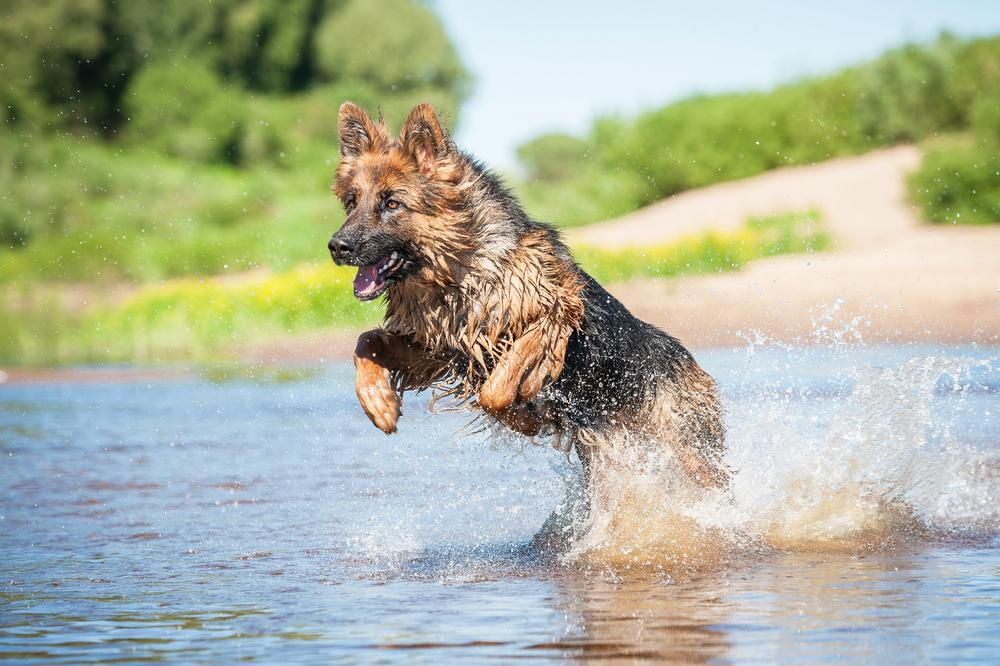Pet Heatstroke Prevention & Treatment At Our Animal Hospital in San Jose
Heatstroke (or increased internal body temperature, also known as hyperthermia) is a serious medical condition that can affect dogs and cats. Sick animals, very old animals, and very young animals tend to be more at risk, although any cat or dog can struggle with this condition if steps are not taken to prevent excessive heat exposure.

Symptoms of Heatstroke in Cats & Dogs
If your dog or cat has been stuck in a hot room with poor circulation or has been left outside on a hot summer day, then, unfortunately, symptoms of heatstroke are likely to develop. You need to bring your animal into a cool, well-circulated place immediately and monitored closely. Over the next couple hours, be on the lookout for the following warning signs:
- Excessive/rapid panting
- Copious saliva that looks thick and sticky
- Decreased urination or no urination
- Bright red or very pale gums
- Vomiting, especially if it contains blood
- Black and/or bloody stool or diarrhea
- Wobbling, incoordination, weakness, and difficulty walking
- Change in mental status (the animal may appear depressed, difficult to arouse, lethargic, or confused)
Symptoms and signs that are less difficult to spot visually include increased body temperature (above 103° F), dehydration, acute kidney failure, rapid or irregular heart beats, organ damage, acute respiratory distress (difficulty breathing), blood-clotting dysfunction. In severe cases of heatstroke, a pet may develop seizures or even go into shock or cardiac arrest. may go into shock or begin to have seizures.
If you notice any of the above signs or symptoms, call our animal hospital in San Jose right away. Our staff can talk you through what to do and tell you whether you should bring your pet in to see us.
How to Prevent & Treat Heatstroke in Pets
The most important thing you can do to protect your animal against heat stroke is to never let your animal overheat! This means that you should:
- NEVER leave your pet alone in a locked car (even after just 10 minutes, the temperature inside a car on a hot summer day can become deadly!)
- NEVER exercise your pet during the hottest part of the day
- NEVER leave your pet alone or unsupervised outside on a hot day
- ALWAYS give your pet access to a cool and comfortable place to rest in your home
- ALWAYS give your pet access to cool (not ice cold) water
- ALWAYS bring your pet in for its annual pet wellness exam to ensure that it is healthy and to rule out any underlying health conditions, including respiratory problems, that may increase its risk for heat intolerance
Call Our Veterinarian in San Jose Today To Schedule An Appointment!
Veterinarian Dr. Garry Bath, along with the rest of his team here at Alum Rock Animal Hospital in San Jose, wants all Californian pet owners to understand just how dangerous the high summer temps can be for our beloved four-legged friends. To learn more or to schedule a pet wellness exam today, call Alum Rock Animal Hospital now a 408-258-2735.
